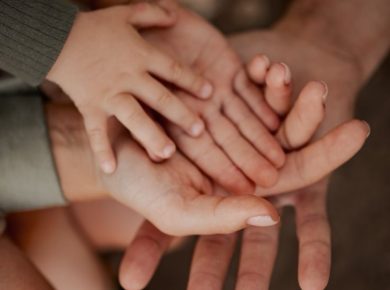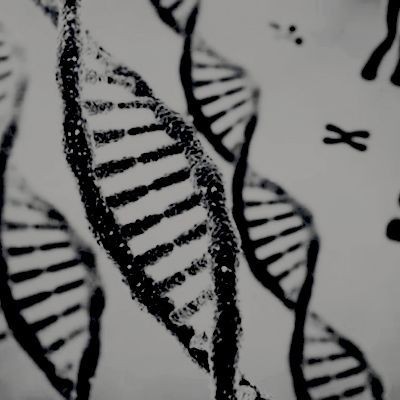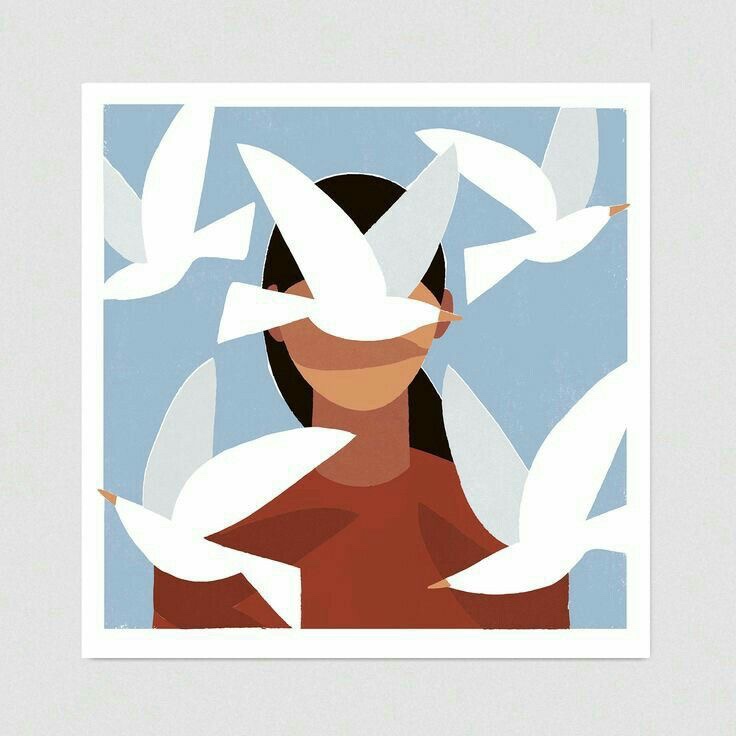Language/Limba
I was thinking what has changed for me during this period of time. Even though the isolation has taken the majority of us by surprise, we are all experiencing it differently. We are learning different things, using different strategies to cope with the stress, and we are adapting to this new situation on the fly.
Simplistically speaking, I can say about myself that I am an introvert, getting my energy by engaging in solitary activities such as reading, writing, jogging, listening to music and podcasts, Netflix binge-watching, or practicing exercises focused on my breath.
During my first two weeks in isolation, the way I was dealing with my anxieties was to devour the Netflix show “Homeland”, getting a few breaks from my binge-watching to manage my guilt by exercising a little and reading a little less, only to get back to watching the same show again.
Two memorable phrases from the Homeland show are: “The man is afraid that the woman next to him is crazy, the woman is afraid that the man next to her is a loser” and “It’s not the first time he’s cheating on you, it’s the first time he got caught.”
First lesson: compassion and self-compassion
For your emotional well-being, it is necessary to have functional behaviors even in the moments when you doubt yourself, make mistakes, fail, hurt the people you love, or when nothing that you do feels right.
Take it easy.
Have a regular sleeping schedule.
Take a shower every day.
Take your supplements.
Use cream to hydrate your body.
Go on with your exercises.
Pay attention to your nutrition and hydration.
Take a walk in the park.
Play board games such as Scrabble, Remi, or Monopoly, or any other game that makes you happy or challenges you on those lonely days.
Get emotionally connected with those around you by getting vulnerable, self-disclosing, empathizing , and showing kindness.
Develop your self-compassion.
Give up your perfectionist attitude, rather try to be a good-enough person who lives according to his/her values and does the right things. On the other hand, if you don’t give up your perfectionist philosophy of life (“my actions have to be perfect, impeccable”), you are setting yourself up to a life of unhappiness and dissatisfaction.
A compassion developing, Tibetan exercise is to remind yourself of your mother’s kindness.
For example, if the circumstances or your choices lead you to a path of an excruciating pain, take that path and plant the self-compassion seeds.
The difficulty here is not to love and accept yourself when you feel accomplished and worthy of love, but when you fail, make mistakes, suffer, think you’re not good enough and not worthy of anything good.
How does one love himself/herself?
Not by using his/her personal trainer’s phrases and clichés, but by taking concrete actions towards himself/herself in the form of functional behaviors , as stated above. It is something as vivid, tangible, and measurable as possible.
The second lesson: the relationship between the body and the emotions
During these days, I have understood that, after a trauma, the way one’s psych deals with the situation is by disconnecting his/her body from his/her emotions.
A short, but comprehensive definition of trauma I have found is stated by doctor Peter Levine: “Too much, too fast, or too soon for the nervous system to process or integrate.”
Another point of view that seems useful to me in understanding trauma is the concept of “chosen trauma” or the lenses (experiences) which we choose to see the world though and look for its confirmation in the relationships and circumstances of our lives. It is necessary, for this reason, to shape and integrate painful experiences, with or without professional help, in whatever way we can.
By living the trauma, the relationship between the body and the emotions takes a blow, so that we are getting susceptible to develop addictions, engaging in self-sabotage, gaining weight, despising ourselves, failing in developing functional relationships, or living a non-sense, chaotic life.
I have been reading many times and in different forms this theory in Gabor Maté’s books, but these days I have integrated it (almost) entirely in my understanding.
Kate Morton is her bestseller “The Watchmaker’s Daughter”, which I have been reading these days and I am recommending to you, said: ”Although life is full of joy and miracles, there are also wickedness, pain, and injustice.
The third lesson: the power of friendship
We are underestimating the power of friendship. Our whole life, we are frenetically looking for love. We are desiring it, idealizing it, and we become dependent of its aura of emotions which we get carried away by.
Just to find it at some point, realizing that the most profound love is the real friendship.
I am not referring here to romantic relationships only, but to all friendships that we are building our whole life.
Friendship represents the basis for a high quality life and has to encompass qualities such as honesty, trust, empathy, kindness, support, respect, effort, gratitude, etc.
I can tell you that, if you are a good friend, you are also a going to be a good partner because you basically need the same abilities in both a friendship and a couple relationship.
Before you ask yourself what you can do to be a good (better) partner, ask yourself what you can do to be a better friend for those around you.
These are the three lessons that I have learnt in isolation, as I have shared them with you with open heart and desire to go through this period safely.





